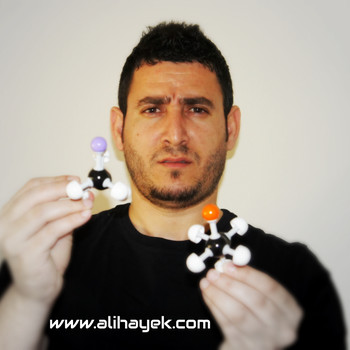When does entropy increase and when does it decrease?
1 Answer
The system entropy (S) by the modern definition is the amount of energy dispersal in a system.
Explanation:
Entropy (S) by the modern definition is the amount of energy dispersal in a system. Therefore, the system entropy will increase when the amount of motion within the system increases.
For example, the entropy increases when ice (solid) melts to give water (liquid). It will even increase more when water is evaporated to steam (gas).
Thus, we can say:
Moreover, the entropy of a solid increases when it is dissolved in a solvent (or water), since the number of particles would increase and they can move freely in the solution.
Here is a video that explains entropy in details:
**Thermodynamics | Spontaneous Process & Entropy. **


